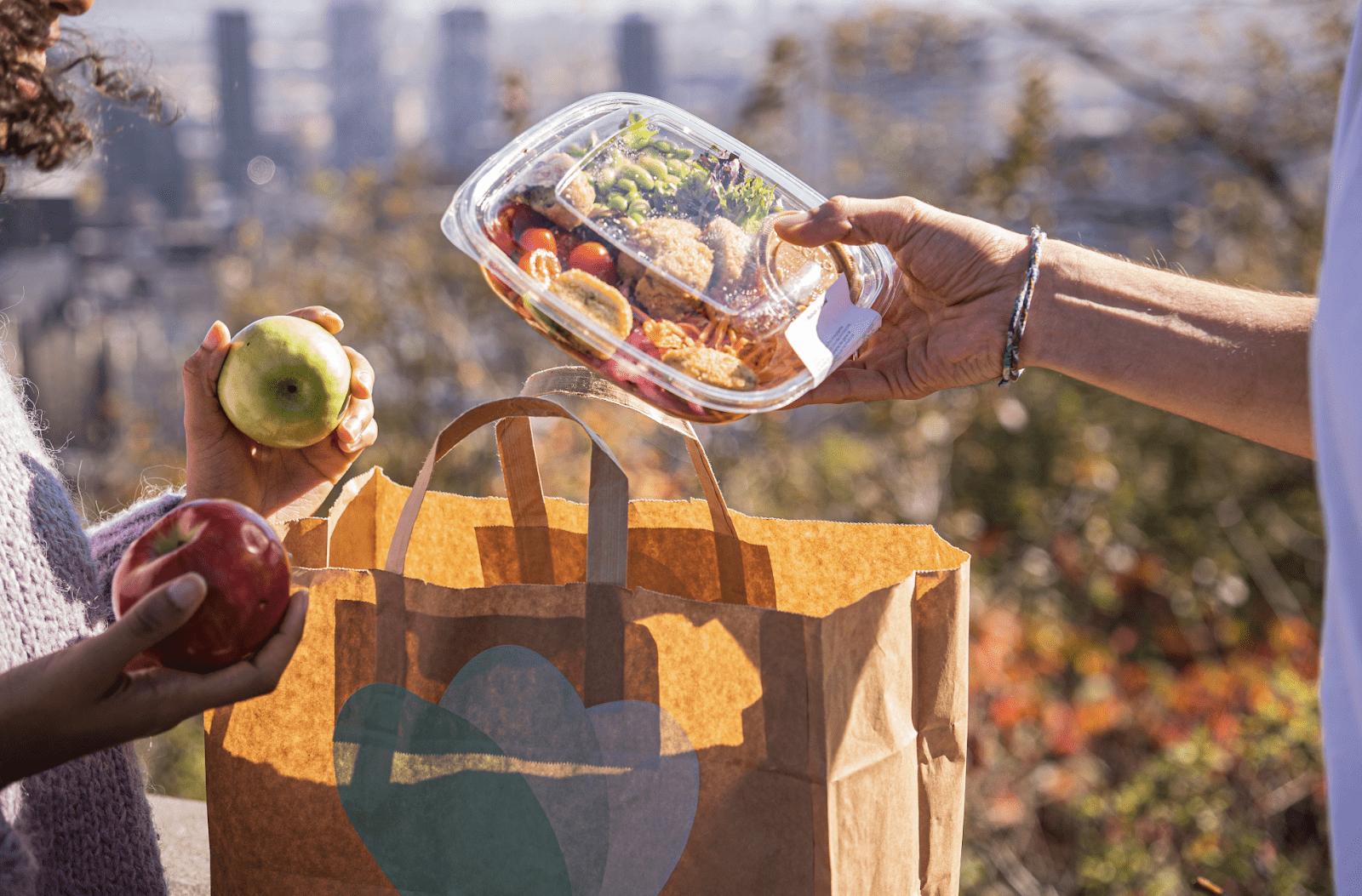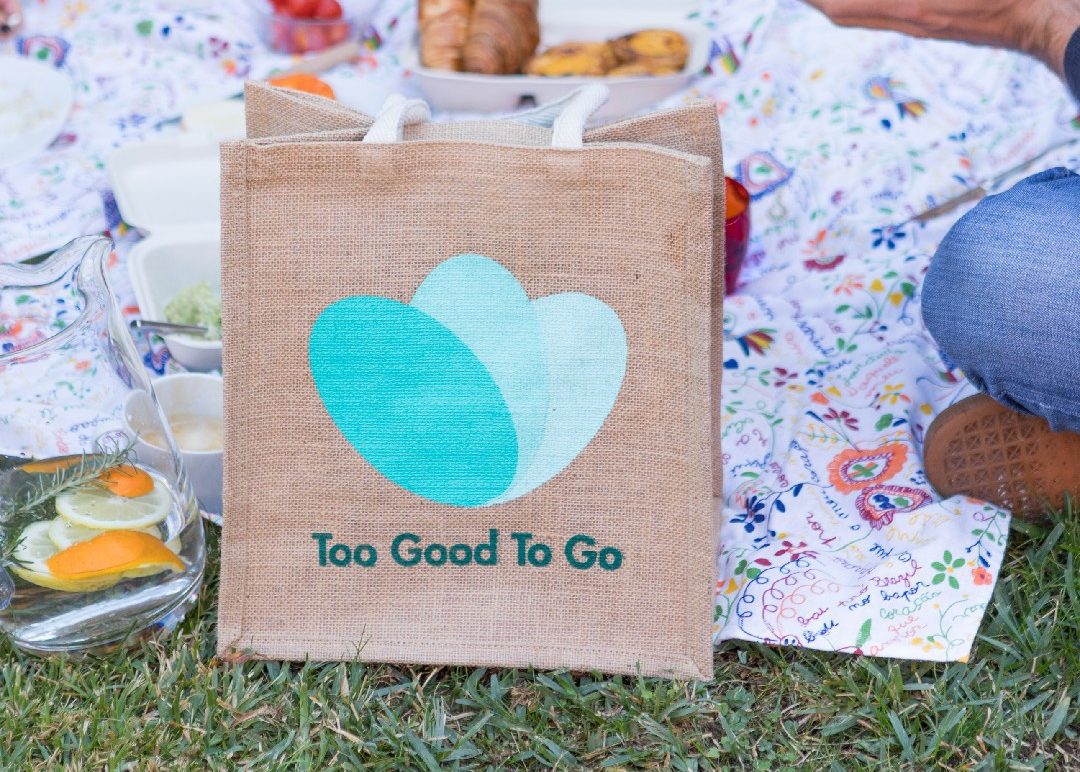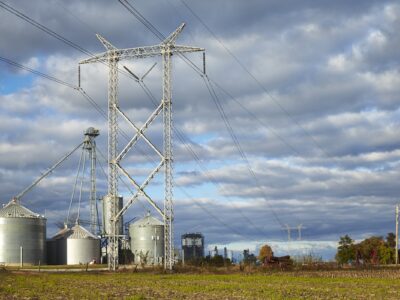The internet has undoubtedly expanded our access to food and information. The litany of delivery app services like UberEats, DoorDash, and others have made ordering takeout more convenient than ever before. However, these services aren’t exactly cheap, making it harder for those on limited incomes to use them consistently. Too Good To Go is changing that narrative by offering delicious meals for a fraction of the price of the food delivery giants.
In previous articles, we explained that Too Good To Go was one of a few app services contributing to the fight against food waste with their “surprise bag” program. Restaurants would give customers a bundle of items that would otherwise go to waste. These items include everything from kabobs to the pastries left in the bakery window before closing.
“Our services allow users to purchase surplus food from restaurants, cafes, bakeries, and grocery stores at the end of the day, all at one-third the original retail cost,” Too Good To Go representatives told Consensus.
Thanks to their insightful work, the company has served more than 64 million people and contributed to more than 171,000 businesses reducing food waste worldwide.

Since 2016 when operations began, Too Good To Go has grown exponentially, reaching into new American and European markets with ease. The company’s 2021 sustainability report explains that in America alone, 40% of food goes to waste daily. Food waste contributes to 10% of all global greenhouse gas emissions – that’s equivalent to $1.2 trillion in food waste.
“Each meal rescued with Too Good To Go is equivalent to the carbon footprint from charging one smartphone fully 422 times,” the representatives said. That’s what makes Too Good To Go’s business model so unique. The company provides a solution to eliminating food waste and helps those in need or a bit of a pinch financially.
Despite COVID-19 hampering its growth slightly, the service opened programs in San Francisco and Chicago in the U.S., plus one in Canada and Ireland. This expansion took them up to 17 countries with surprise bag programs. However, the biggest impact they had would be their food-waste education programs.

Too Good To Go launched an innovative education program called Schools Against Food Waste, coursework designed to explain to young students how food waste causes food insecurity and inequality while also creating a carbon footprint.
Set up in conjunction with the World Food Programme, the effort was designed by education experts, including the French Education Ministry, with the pilot program widely successful in France.
“Aimed at the whole school, from classroom to cafeteria, we created a free, downloadable tool with teacher guides, educational videos, board games, and cafeteria posters,” the company said. According to the sustainability report, the program had over 600 pre-registrations and is being implemented for the 2022–23 school year. This work goes beyond just offering people a cheaper food source and takeout; it encourages young people to not over-order food, cook smaller meals, utilize leftovers, and donate to food banks.
“It’s time for businesses to prioritize company purpose over profit,” says Gaeleen Quinn, U.S. head of impact at Too Good To Go. The surplus food service wants to be known for more than helping someone get a quick meal without breaking the bank. They want people to understand why food waste is such a big problem.
With a strong presence in the U.S., Canada, the U.K., and the European Union (EU), Too Good To Go shows a strong will to keep expanding food access to everyone and to keep food waste to an absolute minimum. With 100 million meals served, the firm is establishing itself as a legitimate social impact service.
The service’s work has earned them partnerships with major food retailers like Morton Williams, Just Salad, and Gorillas here in the U.S., along with Danone, Nestle, and Unilever in the EU and U.K. It also earns recognition yearly, winning Plantely’s Carbon Neutral+ label for offsetting its carbon emissions and contributing substantially to climate action programs.





